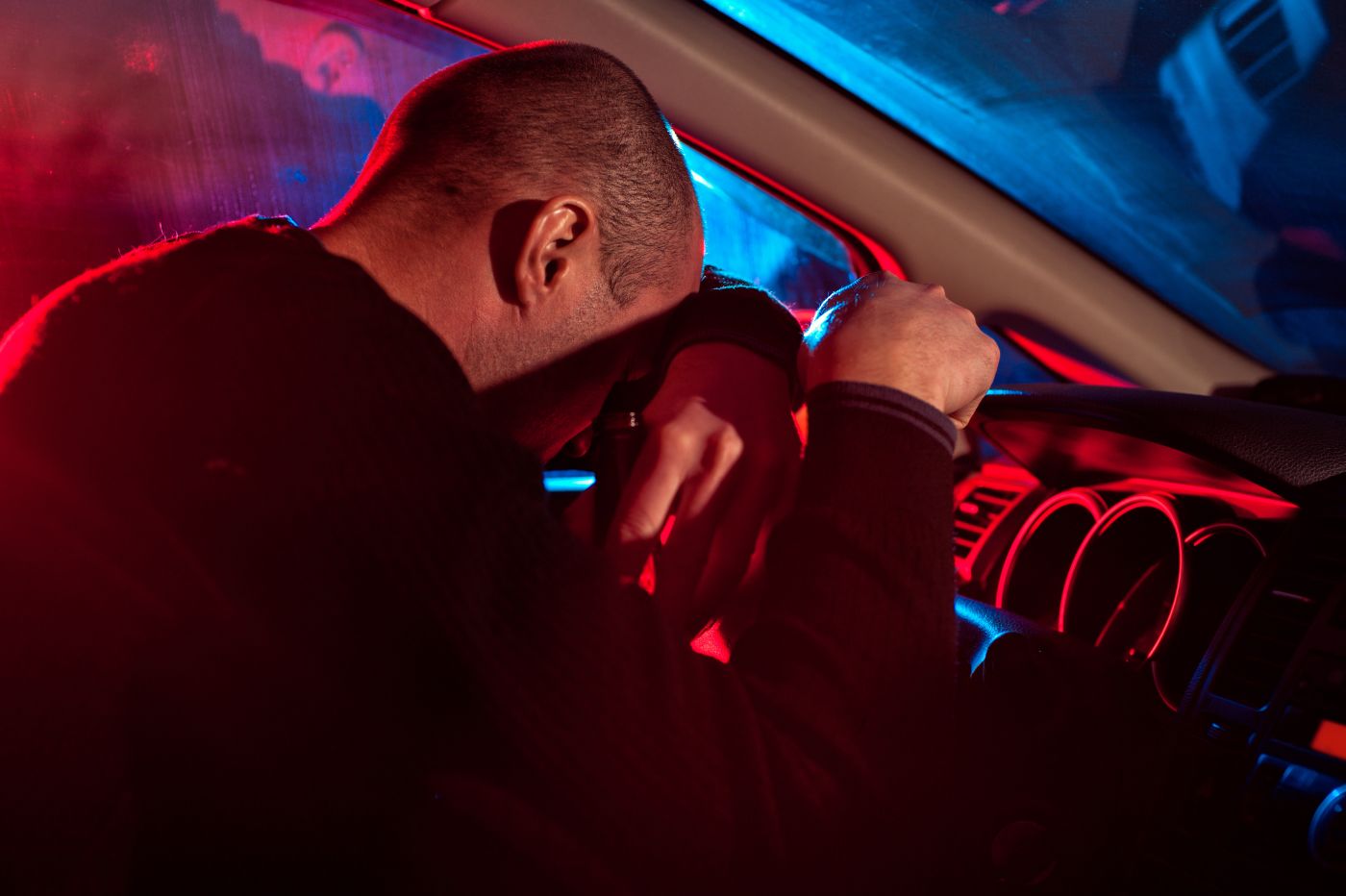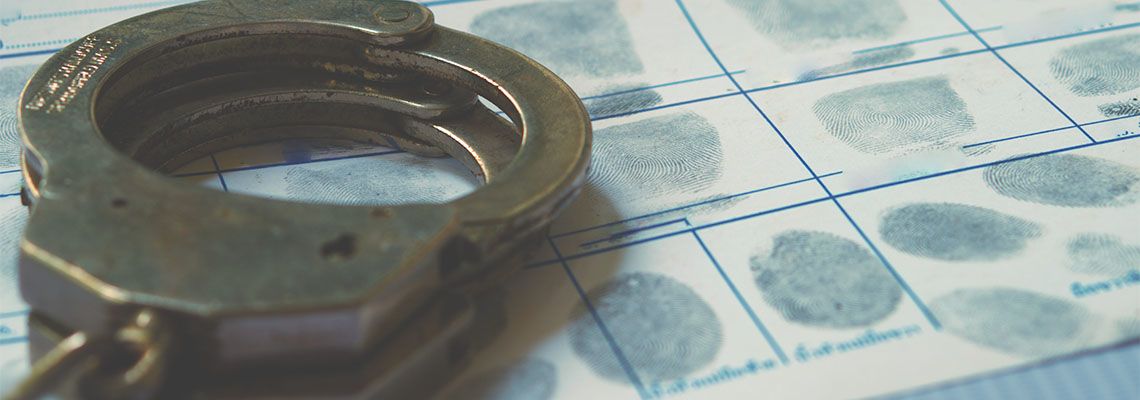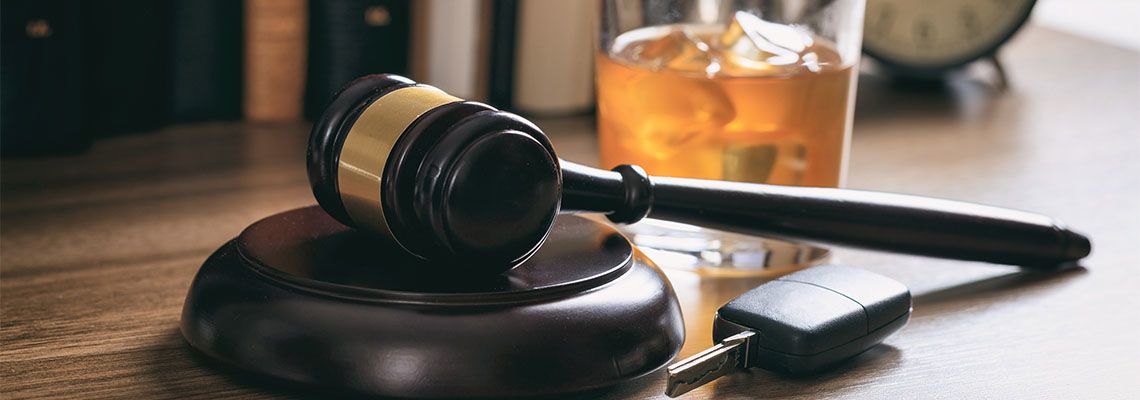
Driving Under the Influence of Drugs (DUID) is a major road safety issue in Colorado and around the country. The Substance Abuse and Mental Health Services Administration has reported that about 10 million Americans drive while under the influence of illegal drugs each year and tests conducted on motorists involved in fatal accidents find traces of intoxicating substances almost 20% of the time. Most people associate DUID cases with controlled substances like heroin or methamphetamine, but many prescription medications and even some over-the-counter products can cause serious impairment and lead to a DUID charge.
DUID and Marijuana in Colorado
Driving under the influence of drugs became a hot-button issue in Colorado after the recreational use of marijuana was legalized in 2014. In many states, even the slightest trace of the drug in a blood sample will lead to a DUI charge, but the threshold for criminal charges in Colorado is 5 nanograms of Delta-9 THC per milliliter of blood. Colorado law also allows police officers to ask a motorist to provide a blood sample if they observe obvious signs of impairment and a breath test reveals no traces of alcohol.
Proving DUID Charges
While blood tests may provide clear evidence that a driver had taken an intoxicating substance at some point, they are rarely enough on their own to prove a DUID charge. That is because the science of intoxication is far from certain when it comes to drugs. Every drug affects the human body in a different way and what may be intoxicating to one person may be a therapeutic level to someone else based on their body type and doctor recommendations.
Avoiding DUID Charges
Thousands of people are convicted of DUIs each year because they did not think the prescription or over-the-counter medications they took would impair their ability to drive safely. To prevent this from happening, motorists should read product labels carefully, ask their doctors questions about the drugs they prescribe, and contact an experienced criminal defense attorney if they are ever charged with a crime.



